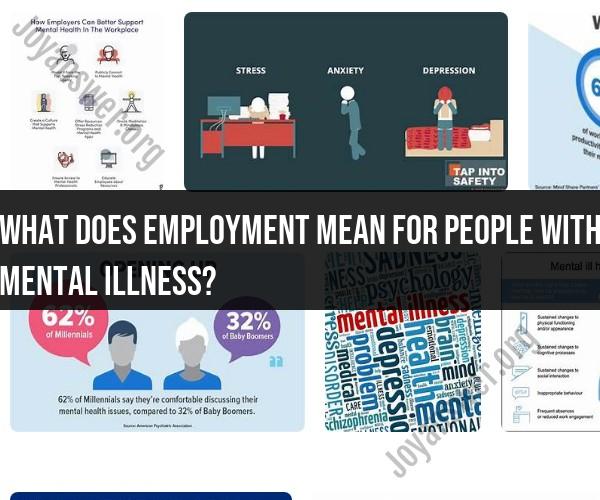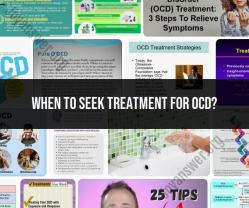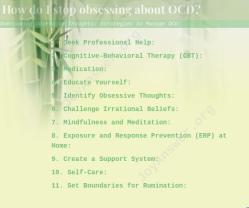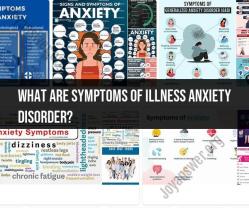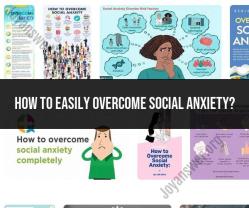What does employment mean for people with mental illness?
Employment can have a significant impact on people with mental illness, both positive and challenging, depending on various factors including the type and severity of the mental illness, workplace environment, and the individual's specific needs and abilities. Here are some ways employment can influence the lives of people with mental illness:
Positive Aspects:
Financial Stability: Employment provides individuals with mental illness the means to support themselves financially. It can reduce economic stress, increase independence, and improve their overall quality of life.
Routine and Structure: A regular work schedule can provide a sense of routine and structure, which can be beneficial for individuals with mental illness. A structured day can help manage symptoms and reduce anxiety.
Social Interaction: The workplace offers opportunities for social interaction, which can combat isolation and loneliness, common challenges for people with mental illness. Building relationships with colleagues can boost self-esteem and emotional well-being.
Sense of Purpose: Employment can provide a sense of purpose and achievement. Feeling productive and contributing to a team or organization can enhance self-esteem and mental well-being.
Skill Development: Many jobs offer opportunities for skill development and learning. Gaining new skills and experiences can be personally fulfilling and open doors to future career opportunities.
Access to Benefits: Some employers provide mental health benefits, which can make mental health treatment and support more accessible and affordable.
Challenges and Considerations:
Stigma and Discrimination: People with mental illness may face stigma and discrimination in the workplace, which can affect their self-esteem and career advancement. Employers and colleagues may hold misconceptions about mental illness.
Managing Symptoms: Depending on the severity of the mental illness, managing symptoms while working can be challenging. Symptoms like depression, anxiety, or bipolar disorder may interfere with daily tasks.
Disclosure Dilemma: Deciding whether to disclose a mental illness to an employer is a complex decision. While disclosing can lead to accommodations and support, it may also lead to prejudice and bias.
Work-Life Balance: Achieving a healthy work-life balance is essential for mental well-being. Overworking or job-related stress can exacerbate mental health symptoms.
Job Fit: Finding the right job that aligns with an individual's abilities, interests, and limitations is crucial. Ill-suited work can lead to increased stress and exacerbate mental health issues.
Accommodations: Some individuals may require workplace accommodations to help them manage their mental health. These accommodations can include flexible work hours, reduced workload, or a quiet workspace.
Transitioning Back to Work: For those who have taken time off due to mental health challenges, transitioning back to work can be difficult. Support and understanding from employers and colleagues are essential during this period.
In conclusion, employment for people with mental illness can be both a source of stability and an avenue for personal growth, but it can also present unique challenges. It is essential to provide support, reduce stigma, and offer accommodations to create inclusive workplaces that foster the well-being and productivity of individuals with mental illness.
What does employment mean for individuals with mental illness?
Employment is an important part of life for many people. It can provide a sense of purpose, financial stability, and social interaction. For individuals with mental illness, employment can also be a powerful tool for recovery.
Working can help people with mental illness to develop their skills and confidence, and to feel more connected to their community. It can also provide a sense of accomplishment and self-worth.
How can individuals with mental illness find and maintain employment?
There are a number of ways that individuals with mental illness can find and maintain employment. Here are a few tips:
- Identify your skills and interests. What are you good at? What do you enjoy doing? Once you have a good understanding of your skills and interests, you can start to look for jobs that are a good fit.
- Network with people who know you. Talk to your friends, family, and healthcare providers about your job search. They may know of job openings or be able to connect you with people who can help you find a job.
- Use online job boards and search engines. There are a number of online resources that can help you find jobs. Some websites are specifically designed for people with disabilities.
- Work with a vocational counselor. A vocational counselor can help you assess your skills and interests, develop a job search plan, and practice job interviewing skills.
Supported employment for people with mental health challenges
Supported employment is a type of employment program that provides individualized support to people with mental illness to help them find and maintain jobs in the community.
Supported employment programs typically provide a range of services, such as:
- Job search assistance
- Job training
- Job coaching
- Supported employment services can be provided by a variety of organizations, including government agencies, non-profit organizations, and businesses.
Legal rights and protections for mentally ill employees in the workplace
The Americans with Disabilities Act (ADA) prohibits employers from discriminating against qualified individuals with disabilities. This includes people with mental illness.
Under the ADA, employers are required to provide reasonable accommodations to qualified employees with disabilities, unless doing so would cause an undue hardship. Reasonable accommodations can include things like flexible work hours, job sharing, and modified work duties.
How to create an inclusive and supportive work environment for those with mental illness
There are a number of things that employers can do to create an inclusive and supportive work environment for those with mental illness. Here are a few tips:
- Educate employees about mental illness. Many people have misconceptions about mental illness. By educating employees about mental illness, you can help to reduce stigma and create a more understanding and supportive workplace.
- Provide training on how to support employees with mental illness. Managers and supervisors should be trained on how to identify and support employees with mental illness. This training should include information on reasonable accommodations and how to create a supportive work environment.
- Offer employee assistance programs (EAPs). EAPs can provide confidential counseling and support to employees who are struggling with personal or work-related problems, including mental health issues.
By following these tips, employers can help to create a workplace where everyone feels valued and supported, regardless of their mental health status.
